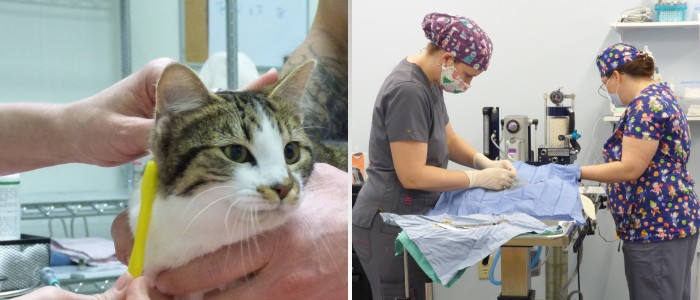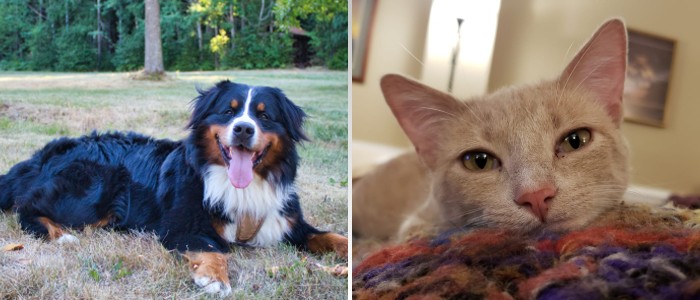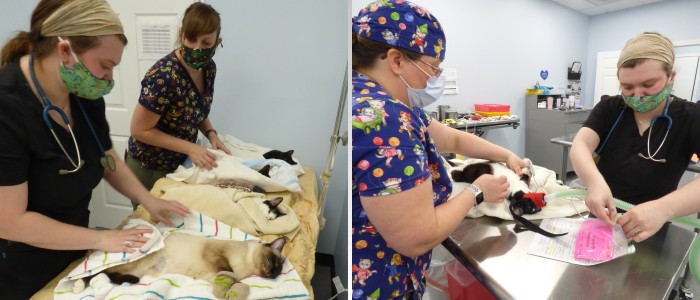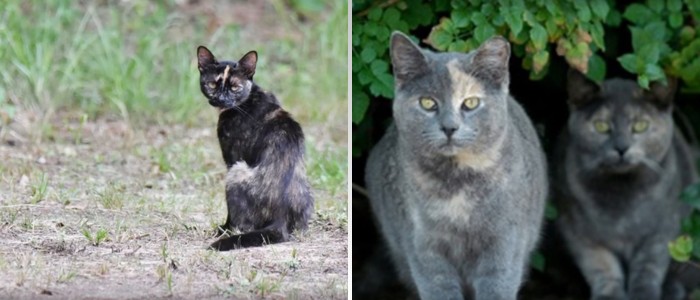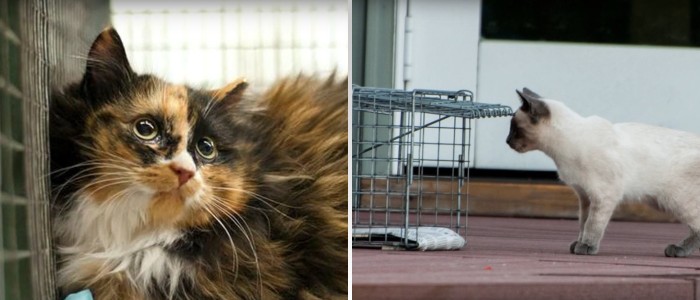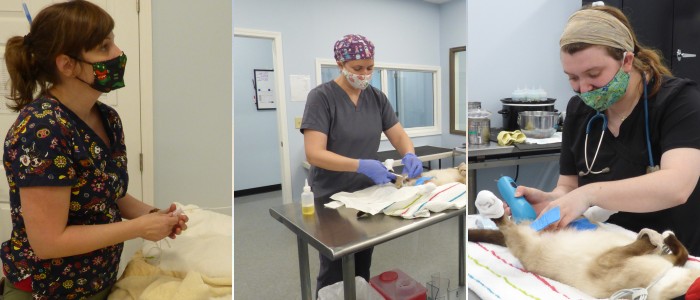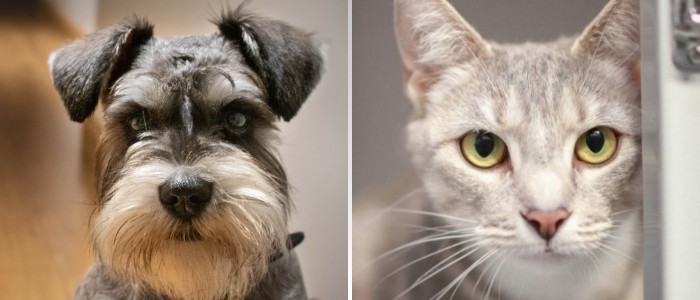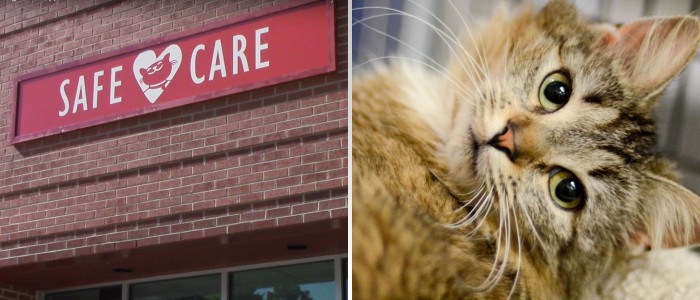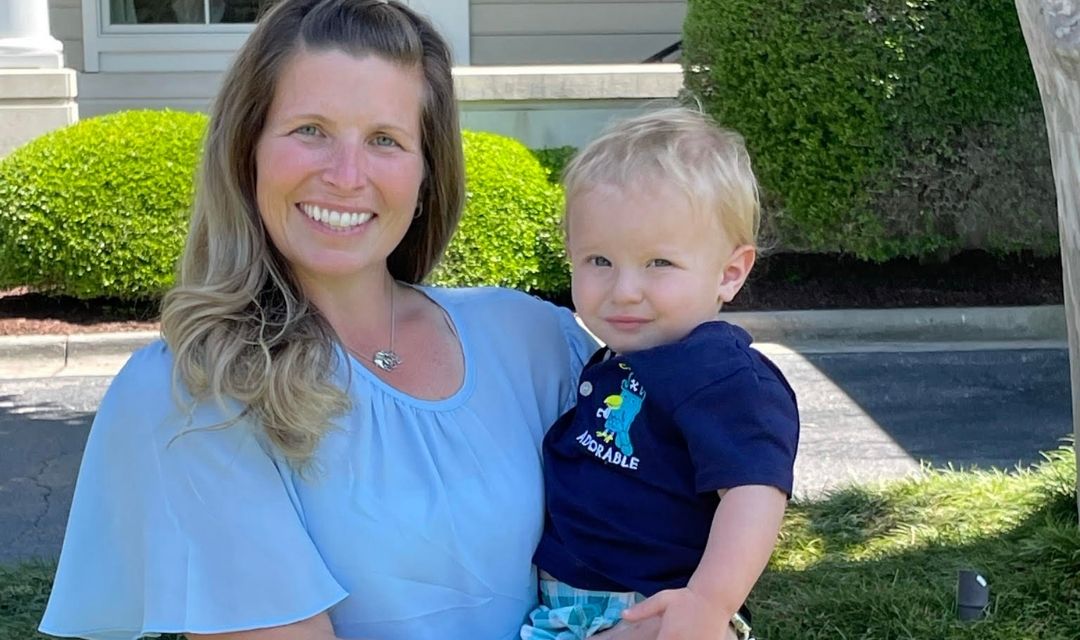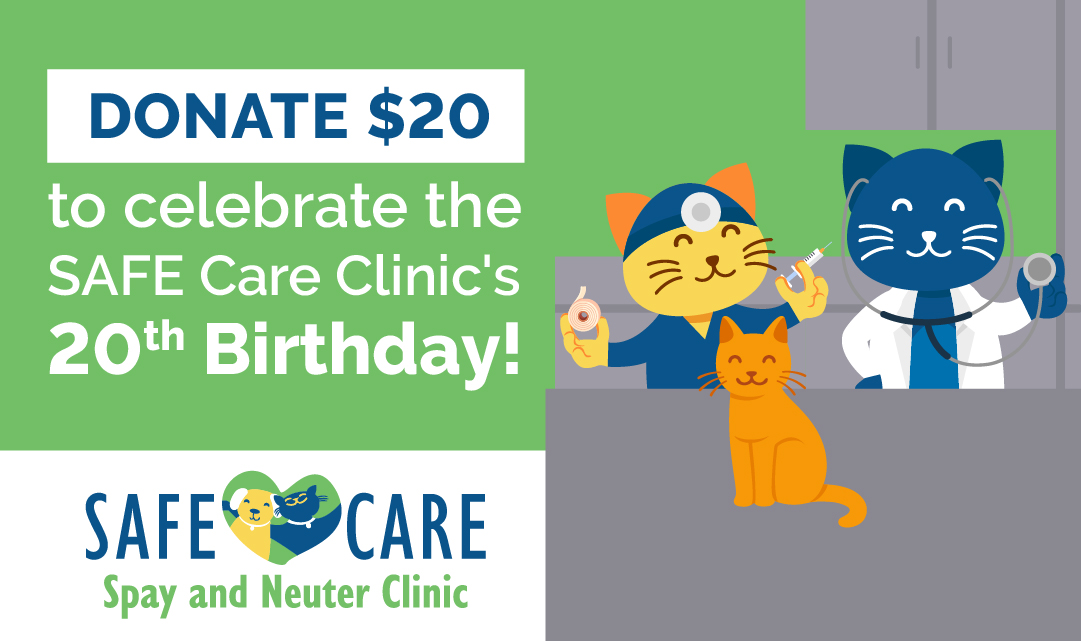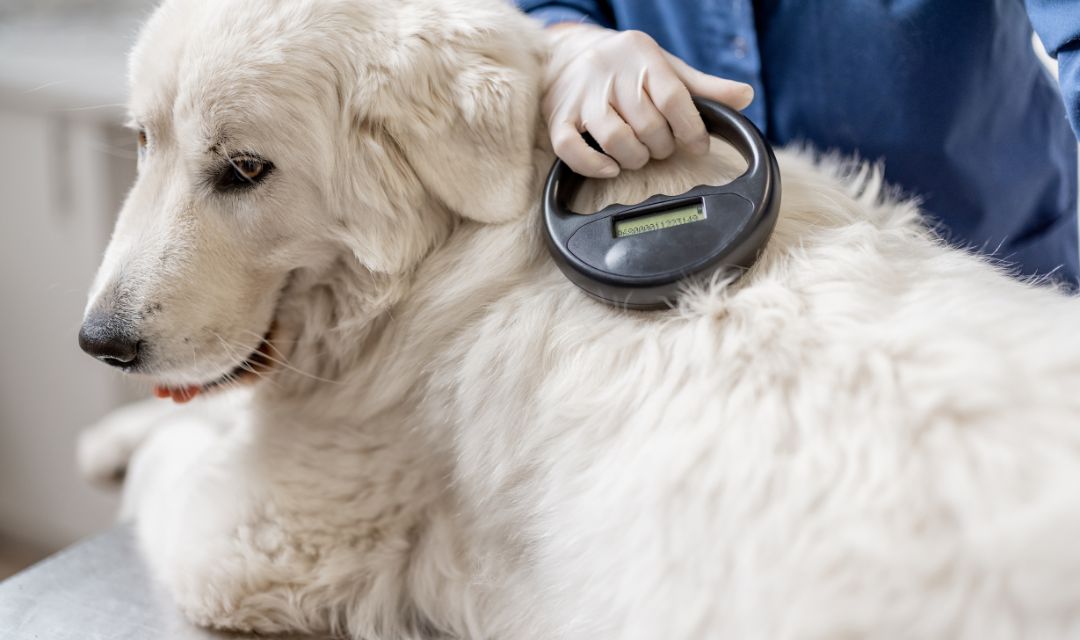
Microchipping is a Great Idea
Did you know 10 million pets are lost each year? Collars and tags are great ways to identify lost pets and reunite them with owners, but they can easily come off or be removed.
Never fear, dear cat or dog pawent, peace of mind is as small as a grain of rice! Microchips are a safe, painless, and most importantly, effective way to ensure your kitty comes home if it gets lost.
Here are the ins and outs of microchips:
What is a Microchip?
Microchips are a small device that is placed under the skin of a pet that can be scanned and used to identify and retrieve pets if they get lost. Basically, it’s a permanent identification that your cat is your cat or your dog is your dog.
What does a Microchip do for Pets?
Pets get a microchip with a unique identification code in between their shoulder blades. Once your pet is chipped with SAFE Haven for Cats, it is enrolled into the Found Animals Microchip Registry, keeping a national database available to you 24/7.
If your kitty or puppy is lost and found at any time, it’ll be scanned at an animal shelter or veterinary hospital. The ID includes your contact information so your pet can safely return home.
Are Microchips Painful for Animals?
Chipping is a safe and ultimately painless process for you and your cat or dog. The chip is tiny – about the size of a grain of rice! Moreover, there aren’t any batteries or devices inside the chip that could cause any harm. In short, this procedure is permanent, can’t be altered and doesn’t change or harm your furry friend.
Maintaining the Chip
You went to your local shelter to get your cat or dog chipped. What’s next?
It’s important to check your cat or dog’s chip every year to ensure your contact information is up-to-date. Although you can’t see the chip, your vet can scan it during your kitty’s annual check-up. Or, set a reminder in your calendar for Check the Chip Day on August 15 every year.
A *Good* Chip on Your Pet’s Shoulder
Overall, chipping your cat or dog helps keep your feline friend safe and you sane. Implanting a microchip is painless and permanent. Be sure to check it annually or on Check the Chip Day.
Cats adopted from SAFE Haven are already microchipped, but microchips can be purchased and implanted at our SAFE Care Spay/Neuter Clinic at the time of spay/neuter surgery for only $15. This includes lifetime registration.
Happy chipping!

